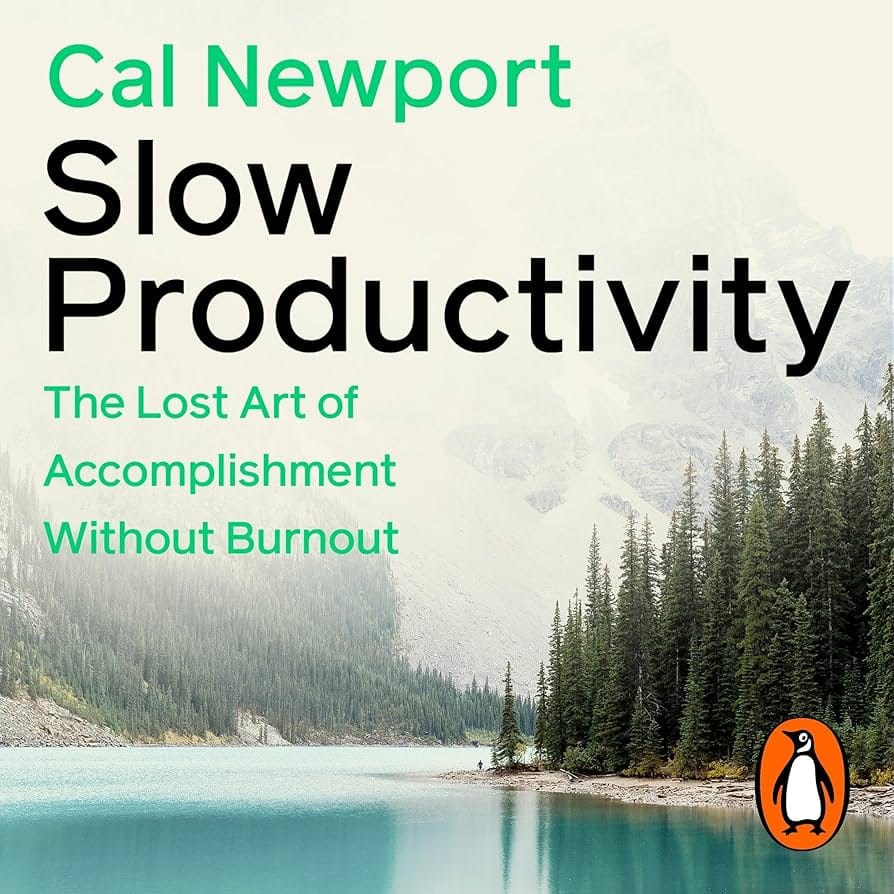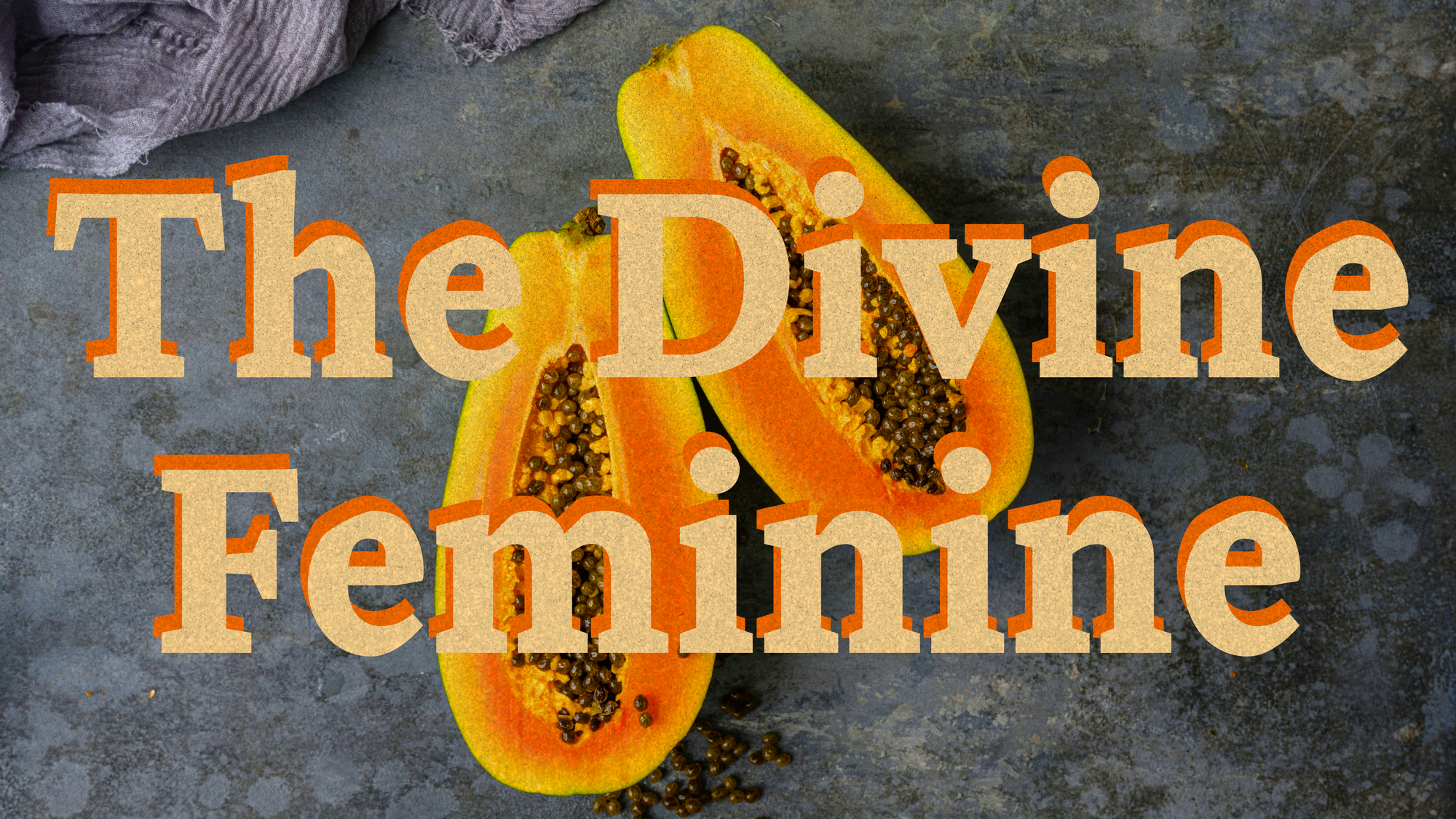Picture this: Jesus has just risen from the dead. For forty days, he's been appearing to his disciples, teaching them about the kingdom of God. Forty. Days. That's over a month of post-resurrection curriculum, divine office hours, and probably the most intensive theological education in human history.
And then, at the end of all that teaching, the disciples ask him: "Lord, is this the time when you will restore the kingdom to Israel?"
I can almost hear the divine facepalm.
After everything Jesus had taught them about the upside-down nature of God's kingdom—where the last are first, where power looks like service, where love conquers through sacrifice—the disciples were still stuck on the political restoration of Israel. They wanted their land back, their army back, their spot at the top of the geopolitical food chain. In modern terms, they were asking Jesus to "Make Israel Great Again."
The Same Old Question
If this sounds familiar, it should. This is exactly the same mistake that American Christian Nationalism makes today. It's the disciples' "Make Israel Great Again" energy meets the contemporary "Make America Great Again" movement, and the results are equally misguided.
Both groups want God's kingdom to look like earthly political dominance. They envision land-based power, military victory, constitutional Christianity, and cultural supremacy. They want to wield the levers of government to enforce their vision of righteousness. They dream of a day when their nation will be unquestionably Christian and unquestionably powerful.
But here's the thing: Jesus keeps saying no to this vision. He's been saying no for two thousand years, and apparently, we keep needing to hear it.
Jesus' Radical Alternative
In Acts 1, instead of giving the disciples a timeline for political restoration, Jesus offers them something completely different:
"You will receive power when the Holy Spirit has come upon you, and you will be my witnesses in Jerusalem, in all Judea and Samaria, and to the ends of the earth."
Notice what Jesus doesn't say:
- He doesn't promise military might.
- He doesn't guarantee political victory.
- He doesn't give them a five-point plan for theocratic governance.
Instead, he promises the power of the Holy Spirit—and when that power shows up in Acts 2, it's the ability to speak other languages.
Think about that for a moment. The first manifestation of Holy Spirit power in the early church wasn't the ability to dominate or rule. It was the ability to communicate across cultural and linguistic barriers. It was power for inclusion, not exclusion. Power to cross borders, not build them.
This is the kind of power Jesus wanted to give: the ability to reach immigrants, expats, and people culturally different from themselves. The power to serve, not to rule. The power to include, not to exclude.
Citizens of Heaven
The Apostle Paul picks up this theme in his letter to the Philippians, where he reminds them that "our citizenship is in heaven." This isn't just a nice theological concept—it has radical political implications.
Citizens of heaven don't pine for Rome. They don't spend their energy trying to get back to some golden age of earthly power. Instead, they spread out as ambassadors of a different kind of kingdom. They cross boundaries and borders, bringing the values of heaven to earth wherever they go.
Paul's vision of God's kingdom is one that transcends the usual dividing lines. As he writes elsewhere, in Christ "there is no longer Jew or Gentile, slave or free, male and female." God's kingdom is free of borders, free of hierarchy, free of socioeconomic status as the basis for human worth and dignity.
This kingdom is definitely not about getting back to some mythical Christian nation that supposedly existed in America's past—a past that was actually built on the exclusion of women from leadership, the enslavement of Black bodies, and the genocide of Indigenous peoples.
The Lesson We Keep Missing
This is a lesson that the church has to learn over and over again. Every generation of Christians seems to get seduced by the possibility of wielding earthly power for heavenly purposes. Every era produces disciples who ask some version of the same question: "Is now the time when you'll restore political dominance to your people?"
And every time, Jesus gives the same answer: "You're missing the point entirely."
The kingdom of God isn't about making any nation great again. It's not about constitutional Christianity or political supremacy. It's not about having our guys in charge or our values legislated from above.
Instead, it's about taking up a cross. It's about washing feet. It's about the kind of greatness that Jesus modeled—not the greatness of domination, but the greatness of service.
A Different Kind of Greatness
When Jesus talks about greatness in his kingdom, he consistently flips the script.
- "Whoever wants to be first must be last of all and servant of all."
- "The greatest among you will be your servant."
- "I am among you as one who serves."
This is the pattern Jesus established, and it's the pattern he calls his followers to embrace. If we're going to make anything "great again," it should be this: the radical commitment to service over power, love over dominance, inclusion over exclusion.
The disciples in Acts 1 wanted Jesus to restore Israel's political fortunes. Instead, he gave them the Holy Spirit and sent them out as witnesses to a kingdom that transcends all earthly kingdoms. He transformed them from would-be political operatives into ambassadors of grace.
The same transformation is available to us today. We can keep asking Jesus to bless our political agendas and make our nation great again. Or we can accept his invitation to be citizens of heaven, ambassadors of a kingdom where power looks like service and glory looks like a cross.
The choice, as always, is ours. But if we're paying attention to what Jesus actually said and did, the answer should be clear.
After all, he spent forty days trying to teach the disciples this lesson. Maybe it's time we finally learned it too.





Discussion